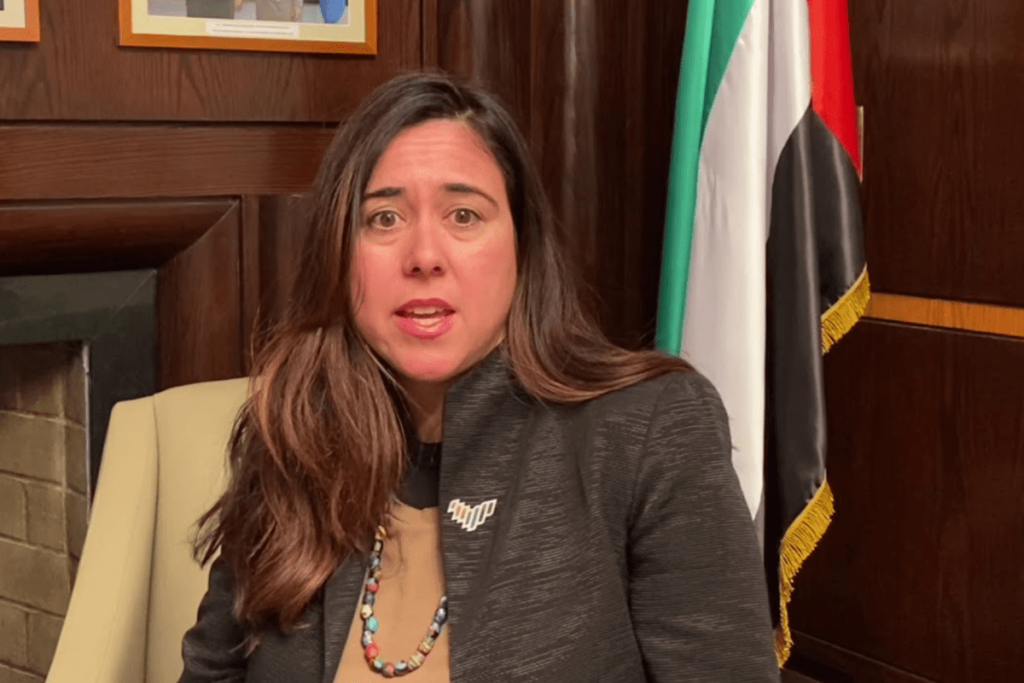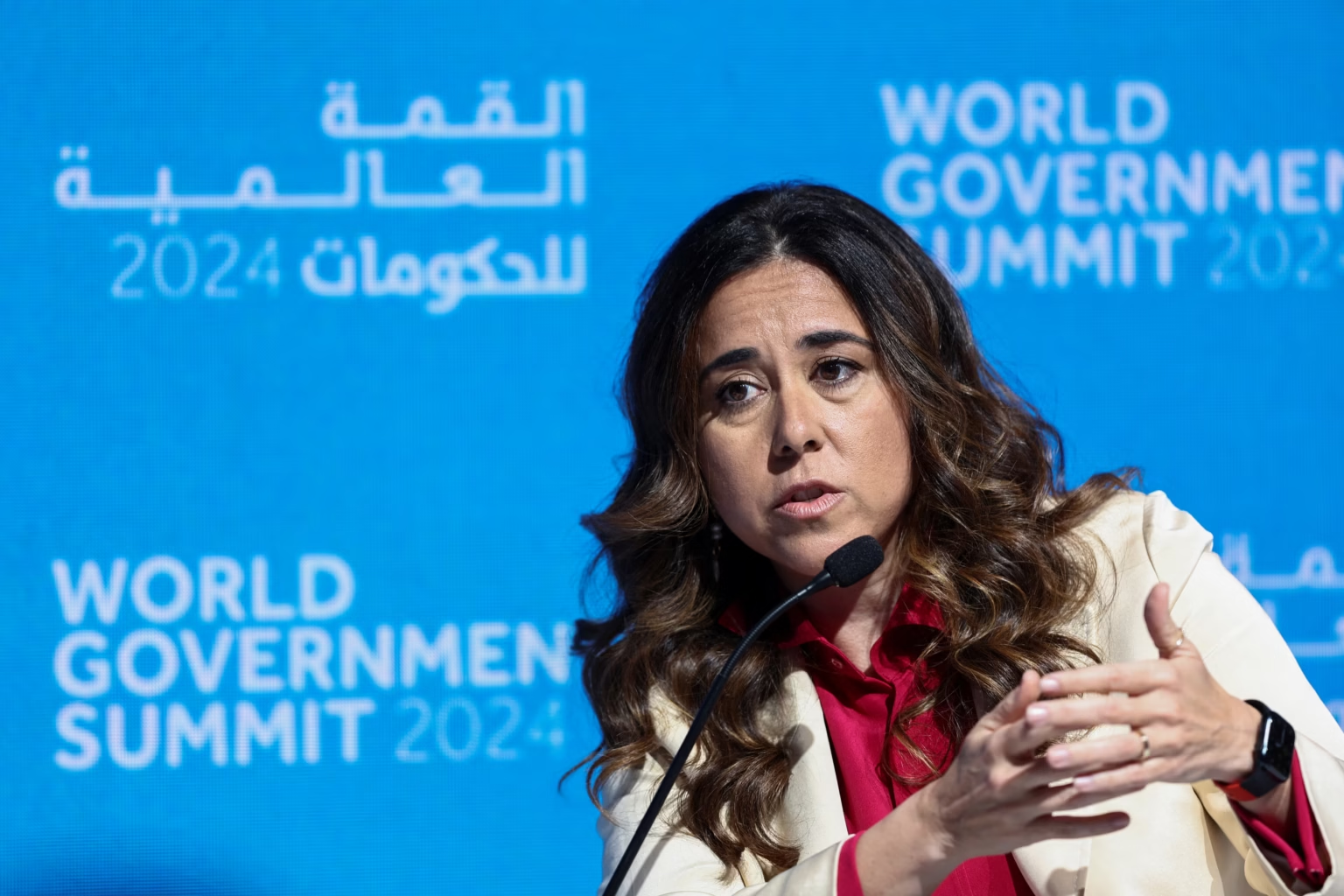The United Arab Emirates (UAE) has strongly refuted claims circulating in international media about its involvement Denies Reports in discussions with the United States regarding a potential ground offensive against Houthi militants in Yemen. These claims, which were primarily reported by outlets like The Wall Street Journal and Bloomberg, suggested that the UAE was engaged in talks about supporting military operations targeting the Houthi rebels, who have been in control of much of Yemen for years.
In response, UAE officials, including Assistant Minister for Political Affairs Lana Nusseibeh, categorically denied any such involvement. She dismissed the reports as “wild unsubstantiated stories,” emphasizing that the information was completely false. “This surely wins the misleading-news-of-the-week award, by a wide margin,” Nusseibeh stated, expressing frustration over the persistence of such inaccurate reports. She emphasized that the UAE’s role in Yemen remains strictly diplomatic and focused on supporting peaceful efforts to resolve the ongoing conflict.

The reports, first published by The Wall Street Journal, claimed that the UAE was involved in discussions with the United States over a proposed ground assault along Yemen’s Red Sea coast. This military campaign was purportedly to be led by forces opposed to the Houthi rebels, with backing from U.S. airstrikes. However, both the UAE and Saudi Arabia, which have been key players in the Yemeni conflict, swiftly denied these allegations, stating they had no part in such plans.
Background of the Yemen Conflict
The war in Yemen, which began in 2014, has been one of the most devastating conflicts in the Middle East. The Houthi movement, a Shiite rebel group backed by Iran, seized control of Yemen’s capital, Sanaa, and later took over much of the country, forcing the internationally recognized government into exile. In 2015, Saudi Arabia and the UAE led a coalition of Arab nations in support of the Yemeni government, marking the beginning of a complex and prolonged military intervention aimed at pushing the Houthis out of power.
The UAE played a significant role in this coalition, deploying ground troops and air support to aid Yemeni forces and their allies. However, in 2019, the UAE decided to reduce its military footprint in Yemen, officially pulling out most of its forces from the country. Despite this, the UAE has maintained influence over various Yemeni factions, particularly in southern regions, where it has supported local militias and armed groups that are opposed to both the Houthi rebels and the Yemeni government.
The UAE’s involvement in Yemen has been primarily focused on supporting local militias and providing logistical and financial support to anti-Houthi forces. Since the UAE’s withdrawal from direct combat operations in Yemen, it has shifted towards advocating for a peaceful resolution to the conflict, often serving as a mediator in talks between various Yemeni factions.
Tensions in the Region
In recent years, the UAE has faced increasing tension with the Houthi group, particularly as the rebels began targeting UAE interests. In January 2022, Houthi forces launched drone strikes against an industrial facility in Abu Dhabi, resulting in the deaths of three foreign workers. This attack, which was part of a broader campaign of Houthi strikes against Gulf Arab states, heightened the UAE’s security concerns and prompted an increase in defense spending and military preparedness.
Since then, the UAE has focused on bolstering its defense capabilities, improving its air defense systems, and supporting its regional allies in countering Houthi threats. Despite this, the UAE has remained cautious about re-engaging in large-scale military operations in Yemen, choosing instead to rely on diplomacy and targeted interventions to safeguard its interests.
The UAE’s recent denial of any involvement in discussions about a ground offensive in Yemen aligns with its broader strategy of avoiding direct military escalation. Instead, it has advocated for a diplomatic solution to the conflict, backing efforts by the United Nations and other international bodies to negotiate a ceasefire and peace agreement between the warring parties.
The Houthi Factor
The Houthi movement, which is aligned with Iran, has been a key player in the Yemeni civil war. Over the years, the Houthis have consolidated power in northern Yemen, including the capital, Sanaa, and parts of the Red Sea coastline. The group has long been at odds with both the Yemeni government and the Saudi-led coalition, which includes the UAE. The conflict has resulted in a humanitarian disaster, with thousands of civilians killed and millions displaced.
The Houthis have also been involved in attacks against Saudi Arabia and the UAE, using drones and missiles to target civilian infrastructure and military sites. In response, both the UAE and Saudi Arabia have focused on strengthening their defense systems and seeking international support for their efforts to contain the Houthi threat.
UAE’s Position on Peace and Stability
The UAE’s official stance on the Yemen conflict remains clear: it supports peace and stability in the region and is committed to diplomatic efforts to end the war. While the UAE has faced increasing pressure to re-enter the conflict and confront the Houthis more directly, its leadership has emphasized the need for a political solution that addresses the underlying issues of the conflict.
UAE officials have repeatedly called for dialogue between the various Yemeni factions, urging the Houthis and the internationally recognized government to come to the table and negotiate a lasting peace agreement. The UAE has also supported the work of the United Nations in facilitating these talks, hoping to bring about a peaceful resolution to the war and prevent further destabilization of the region.
In conclusion, the UAE’s denial of involvement in discussions about a potential ground offensive in Yemen is a reaffirmation of its commitment to diplomatic engagement and regional stability. While the situation in Yemen remains fragile, the UAE’s focus continues to be on supporting peace efforts and helping bring about a resolution to the ongoing conflict. The UAE’s leadership in this regard is a testament to its dedication to a peaceful, prosperous future for the people of Yemen and the broader Middle East.



